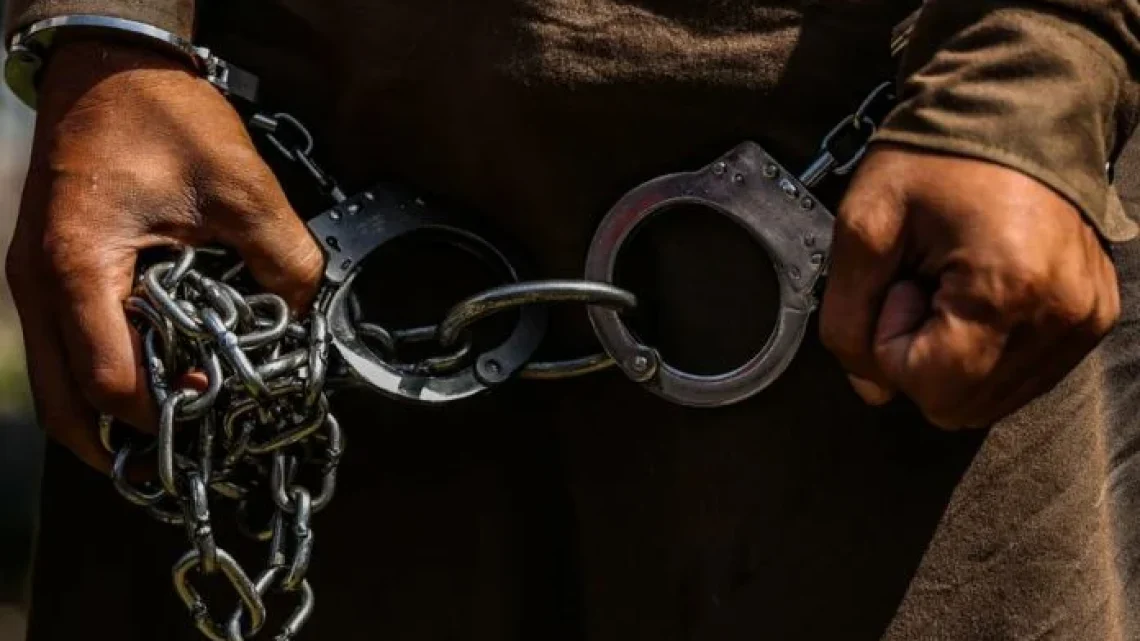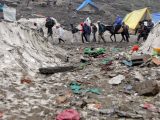
New Military Laws in IIOJK: An Escalating Cycle of Repression
August 7, 2024The Kashmir conflict remains one of the most enduring and contentious issues in South Asia. For over seven decades, the region has been under New Delhi’s occupation, stained with human rights violations such as mass killings, enforced disappearances, torture, rape, and political repression. Freedom of expression is severely muted, with the Indian government using a series of draconian laws to maintain control.
The repression in IIOJK is sustained through laws like the Armed Forces (Special Powers) Act (AFSPA), the Public Safety Act (PSA), and the Unlawful Activities (Prevention) Act (UAPA). Recently, the Enemy Agents Ordinance (EAO) has been added to this arsenal. Originally implemented by the British colonial government during World War II, the EAO is now used by India to target Kashmiris, often without solid evidence, under the guise of countering espionage.
On June 23, 2024, Jammu and Kashmir’s Director General of Police, R.R. Swain, announced the use of the Enemy Agents Ordinance against those allegedly supporting foreign terrorists. This move has raised significant concerns about the erosion of the rule of law and human rights in the region. The ordinance, used to suppress political dissent, adds to the already oppressive legal framework imposed on Kashmiris.
The AFSPA, enacted in 1958 and extended to Jammu and Kashmir in 1990, grants the Indian armed forces sweeping powers. These include the authority to arrest without a warrant, issue shoot-to-kill orders, and conduct searches without consent. Such powers have led to widespread abuses, further entrenching the climate of fear in the region.
The Jammu and Kashmir Public Safety Act (PSA), enacted in 1978, allows the detention of individuals for up to two years without trial, ostensibly to maintain public order. Amnesty International has labeled the PSA a “lawless law” due to its frequent misuse against political opponents, activists, and ordinary citizens. The detentions of figures like Masarat Alam Bhat and Asiya Andrabi highlight the PSA’s role in perpetuating repression.
The misuse of the Unlawful Activities (Prevention) Act (UAPA) in IIOJK has raised alarms about the erosion of civil liberties and freedom of expression. Cases involving individuals like Asif Sultan and Khurram Parvez illustrate how the act is used to silence dissent, target journalists, and suppress civil society. The UAPA’s application in IIOJK exemplifies the broader strategy of using legal tools to maintain control and silence opposition.
The implementation of these harsh laws in IIOJK represents a continuing saga of oppression. The introduction of the Enemy Agents Ordinance only escalates the repression, deepening the human rights crisis in the region. The international community must take notice of these violations and advocate for the protection of civil liberties and human rights in IIOJK.

